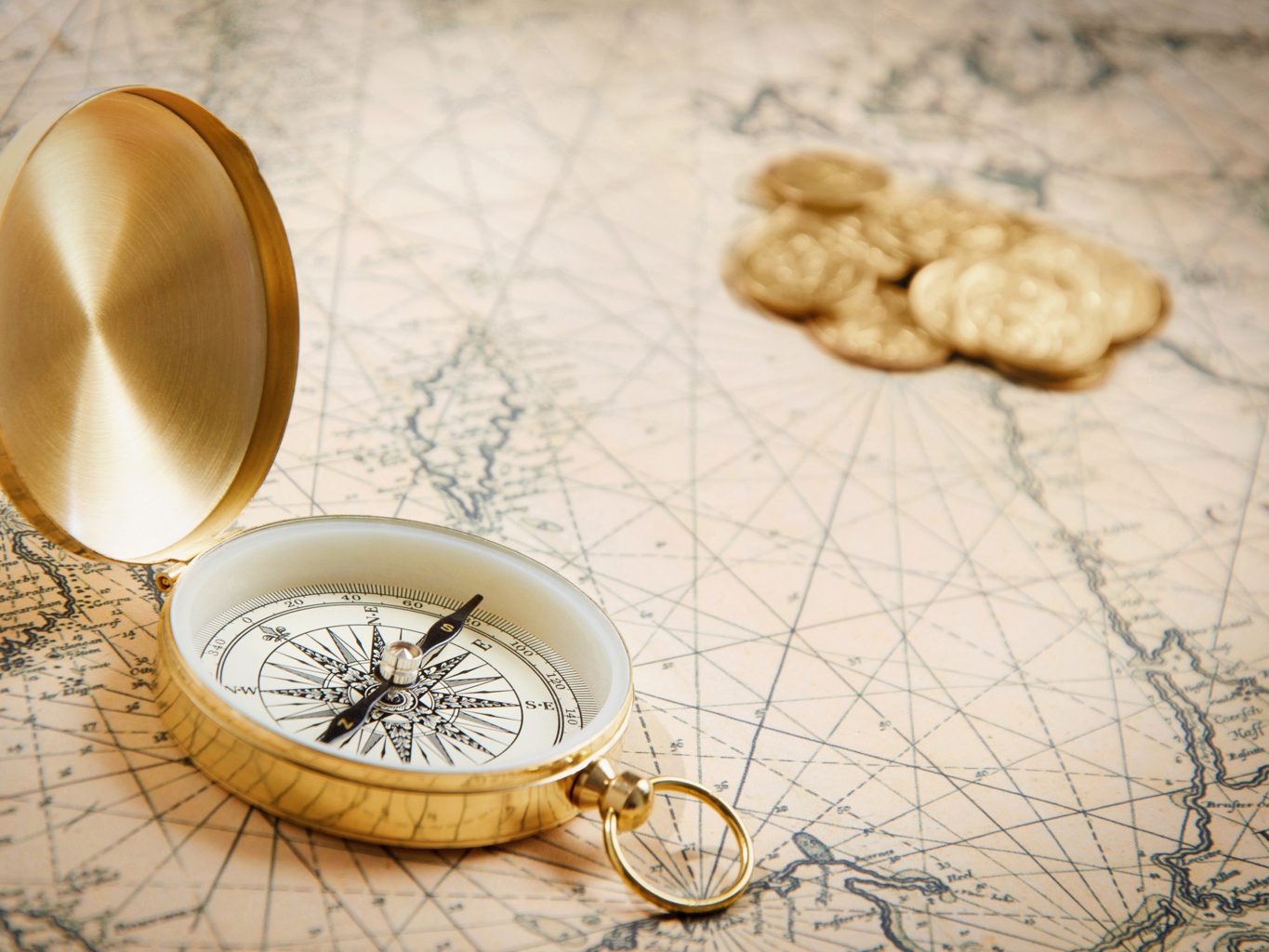Intuition and determination are key for successful treasure hunters, but there is some essential gear that is required before heading into the wilderness. It is best to seek expert advice. Explain your plan and needs to a sales person at an outdoor store to make sound decisions and lasting purchases. Here are some suggested items you might want to make sure you have:
Metal detector — The vast majority of lost treasure is located below ground, making a quality metal detector a necessity to ensure you do not walk past a fortune. Quality detectors are available from $150 to $300, or you can rent one in larger cities. The most recommended entry metal detectors for treasure hunting are the Fisher F22 and Garrett Ace 300. Both are perfectly suited for novices given their functionality and easy to use accessories.
Hiking boots — Walking is an essential part of treasure hunting, and nothing slows the pace or enjoyment more than sore feet. The variety and quality can overwhelm a person given rival shoemakers’ advertising campaigns. A Google search for ‘best hiking boots’ provides an excellent starting point. Less expensive boots can be improved through orthotic inserts or gel insoles, but this is not an area to skimp on investment.
First aid kit — Accidents happen but are harder to tend in open expanses and in inclement or extreme weather. Most likely these are limited to small cuts, sunburn, blisters, sprains or small animal bites. First aid kits should be light and compact. You can customize the kit depending on how accident-prone or large your party is. Also, consider individual health conditions like asthma or other allergies, which are not part of a standard first aid kit.
Backpack — As with hiking boots, the variety of backpack options is immense which can cause confusion and frustration when trying to choose the right one. However, this also means you can select a quality backpack at a small price. The correct fit (cushioned shoulder strap with the pack not extending below the hips) is key, with features and capacity the secondary concern. One with a hip belt assures a better and more comfortable fit.
Water canteen — Hydration is key to keeping your body cool and operating at a maximum energy level. A puncture-proof container is a necessity. Get one that is made of 100% non-toxic food grade material if possible. A general rule of hiking is to drink 1 liter of water for two hours of hiking.
Small shovel — Most treasure is below the surface, so invest in a sturdy folding shovel that can be secured to or fits in a backpack. It should be lightweight (most are under 2 pounds), featuring a carbon steel blade and a rubberized grip. The tip should have a sharp end but be sturdy enough to be used for prying. Many feature a serrated edge used for cutting through wood or roots. A quality shovel by Gerber, or other manufacturers, should not set you back more than $20.

